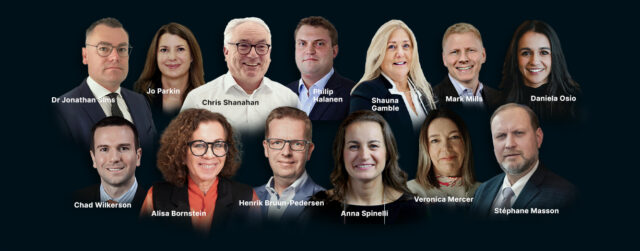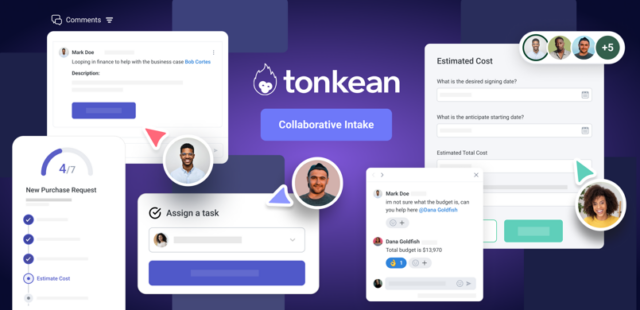
The internet as a teacher: COVID-19 has shone a spotlight on health
From the endless memes about inevitable weight gain – glossing over the fact that this has often been caused by illness, depression and anxiety – to the laser-focus on mental health, how we function and what we put into our bodies has become more of an open talking point since the pandemic began. This inevitably means that people have spent more time researching the best options for their personal needs online.’Our research shows the pandemic, and resulting lockdowns, have seen some consumers altering their diets to better support their mental wellbeing’, the strategy& report states. ‘We see indicators of this shift to overall wellbeing when we look at Google Search data. It’s clear there has been sustained interest in ‘vitamins’ over the past five years, with a significant spike in January 2021′. The first lockdown also saw a huge spike in Google Searches for ‘sugar substitute’.
Increased reliance on technology has changed how we acquire food
This shift isn’t new, but COVID-19 has accelerated it. In the UK, many supermarkets had to quickly adjust their online services when the first lockdown caused an enormous surge in the demand for delivery and click-and-collect slots. Additionally, the popularity of takeaway websites and apps has exploded.According to strategy& data, 21% of consumers found they’d increased the amount they spent online during 2020, and 13% expected that to continue for the next 12 months. The data also found that consumers are more interested in spending their money with independent, local food businesses.
People are learning new skills via the internet
While consumption of takeaways has indeed risen, many have also used this time as an opportunity to either learn to cook, or to expand their cooking skills, with the internet to guide them.’Across all consumer segments, the web is the top destination for food information and inspiration, including search engines, recipe websites and videos’, the strategy& report states. Additionally, subscription box services have become increasingly popular. ‘Consumer intent to purchase these has doubled since the pandemic, with a particularly strong take-up among Generation Z’.
Gen Z is leading the way in online health education
The strategy& research found that, by far, Gen Z was the most likely age bracket to change its diet. ‘While they my lack the spending power of older generations… the younger demographic is more likely to change their diet for environmental reasons and they are also looking to become better-informed, turning to digital formats for information about wellbeing and diets. They’re using social media, health tracking apps and podcasts to guide their nutritional choices and meet their health goals’.
Health-based goal-setting has gone digital
Food-tracking websites and apps have also been around for several years already, but an increased focus on health and wellbeing has made them far more commonplace. Additionally, pre-packaged meal plans that focus specifically on health or meeting a certain are on the rise, with online services hurrying to provide. ‘The significant rise in healthy-eating packaged meal plans, delivered to the door, is capturing the attention of consumers whose goals may include a healthier lifestyle or the greater convenience of more hassle-free preparation and cooking’, the strategy& report says. ‘The proliferation of online services and marketplaces means consumers can easily and quickly better understand their choices against their goals, and then satisfy their dietary needs, whatever they are, at the touch of a button’.











